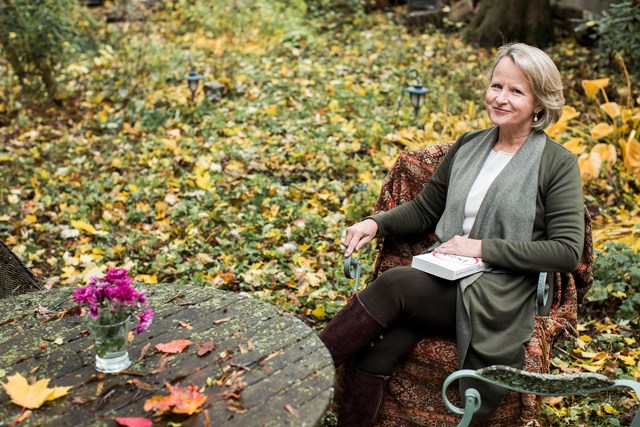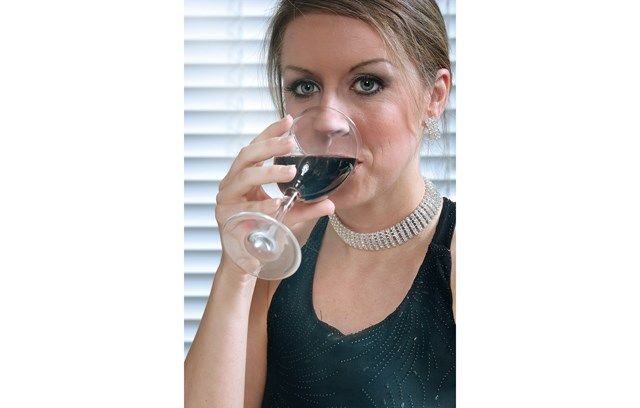In a bid to “keep up” with men, more and more women are finding themselves on the wrong end of a hangover — even before the weekend dawns.
Binge drinking among women is still on the rise and it was for that reason, along with the desire to mark International Women’s Day, that award-winning Canadian journalist and author Ann Dowsett Johnston was in Richmond this week.
Johnston, author of best-selling book, Drink: The Intimate Relationship Between Women and Alcohol, spoke at a Richmond Addiction Services Society event on Wednesday about the dangers for her sex when it comes to partaking in heavy drinking habits.
She said the expectations for women and alcohol consumption grow every year and it’s a fight that’s not helped by targeted marketing.
“What we’re seeing is a very complex social scene, where people (women) are feeling stretched; they are having to be prefect at work; perfect at home and perfectly thin,” Johnston told the News.
“They are coming home from the office trying to be a parent and then find themselves opening a bottle of wine while preparing dinner.
“It’s become a quick way to decompress and get that feeling of your shoulders relaxing.
“It’s very much self-medication, often for hidden depression and anxiety.”

Women, said Johnston, are also 40 per cent more likely to suffer from depression than men.
And when you pour in what Johnston calls aggressive “pinking” of the alcohol market, the will to sidestep drinking heavily is sorely tested.
“Look at Skinny Girl Vodka, for one, along with all the other flavoured vodkas; these are not very manly drinks,” explained Johnston, who spent most of her career at Maclean’s and is best known as the chief architect of the Maclean’s university rankings. She also went on to become VP of McGill University and is the co-founder of the National Roundtable on Girls, Women and Alcohol.
“More and more alcohol, especially wine, is being seen as a food group by women.
“Women also become addicted quicker than men. We are missing a key enzyme and we don’t metabolize alcohol the same way men do.”
The growth of women “matching the men” in the workplace and outnumbering the opposite sex in post-secondary graduations is tempered, added Johnston, by the desire to go toe-to-toe with them in the after-work drinking stakes, as well.
“Why wouldn’t we have a drink after work the way men do?” she said.
“The problem is, we are not built the same way and have issues with metabolizing alcohol, as I mentioned previously.”
Johnston believes the only way forward is for people, especially women, at higher levels of society in B.C. and Canada to bring the discussion to the table.
Only problem, she said, is those very people are often the ones finding themselves at the bottom of a bottle of wine on a Friday night.
“I’m not sure too many people want to discuss their favourite drug that they use to unwind at the end of the week,” said Johnston, currently CEO of Pine River Foundation, which supports Pine River Institute, a therapeutic residential community for teens with addictive behaviours and concurrent mental health issues.
“There’s been an enormous spike in binge drinking among 24-32 year olds and that’s the age group that primarily gives birth. That makes it a public health issue that, I think, needs to be addressed.
“We seriously need to be counting our drinks. We know all about trans fats; why are we not more aware of the dangers of alcohol?”



